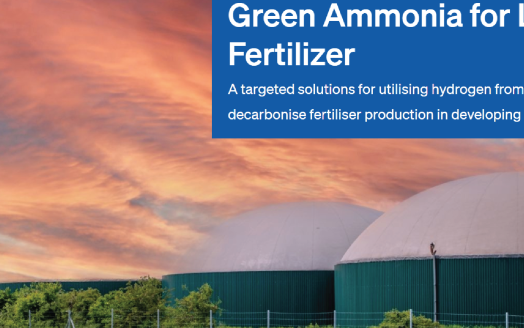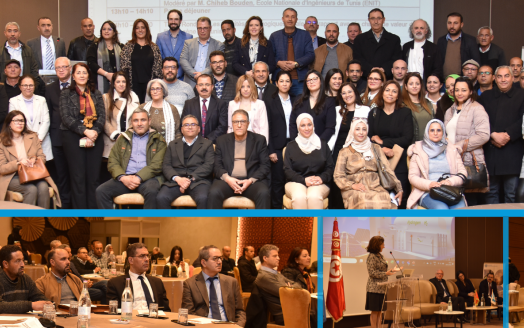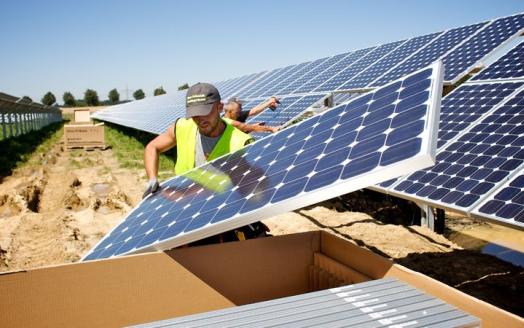28 February 2024
Events
Empowering Tunisia's green hydrogen future: fostering collaborations and developing skills
The UNIDO team, together with the National Engineering School of Tunis (ENIT) and in support of the Tunisian Ministry of Industry and Energy (MIME), organized a stakeholder workshop for educational institutions on green hydrogen skills along local value chains. In many countries dealing with green hydrogen, including Tunisia, there's a need to upskill and reskill existing technical areas to generate local employment opportunities. Under the Global Programme for Hydrogen in Industry, the UNIDO team has developed a comprehensive methodology to identify and address human capital gaps for the value chain of green hydrogen. ✅ With the opening remarks of Mr. Belhassen Chiboub, from the Ministry of Industry and Energy, Her Excellency the Austrian Ambassador to Tunisia, Ms. Ulla Kraus-Nussbaumer, and Mr. Lassaad Ben Hassine, Tunisia Country Representative Office (UNIDO), the workshop marked the starting point to map essential skills and occupational profiles across all stages of the hydrogen value chain in Tunisia. ✅ The UNIDO team presented the UNIDO methodology for conducting skills gap assessments, aiming to optimize resources to tackle potential deficiencies in countries like Tunisia. ✅ Two-panel discussions, one dedicated to technical universities and the other to vocational centres, aimed at strategizing education plans to cultivate local talent in green hydrogen-related fields. Featuring European experts and representatives from Hydrogen Europe Research, Technische Universität Wien, Technische Universität Graz, and HyCentA Research GmbH, alongside key figures from the private sector, diverse government ministries, and national and international organizations including Deutsche Gesellschaft für Internationale Zusammenarbeit (GIZ) GmbH and International Labour Organization, the workshop was marked by active engagement. More than 100 participants, with approximately 50% women participation, gathered in a unique workshop facilitating discussions among peers from different levels of technical education. This diverse gathering fostered interactive dialogue and paved the way for multi-sectoral partnerships. 🤝 With the support of the Austrian Ministry for Climate Action, Environment, Energy, Mobility, Innovation and Technology (BMK).



